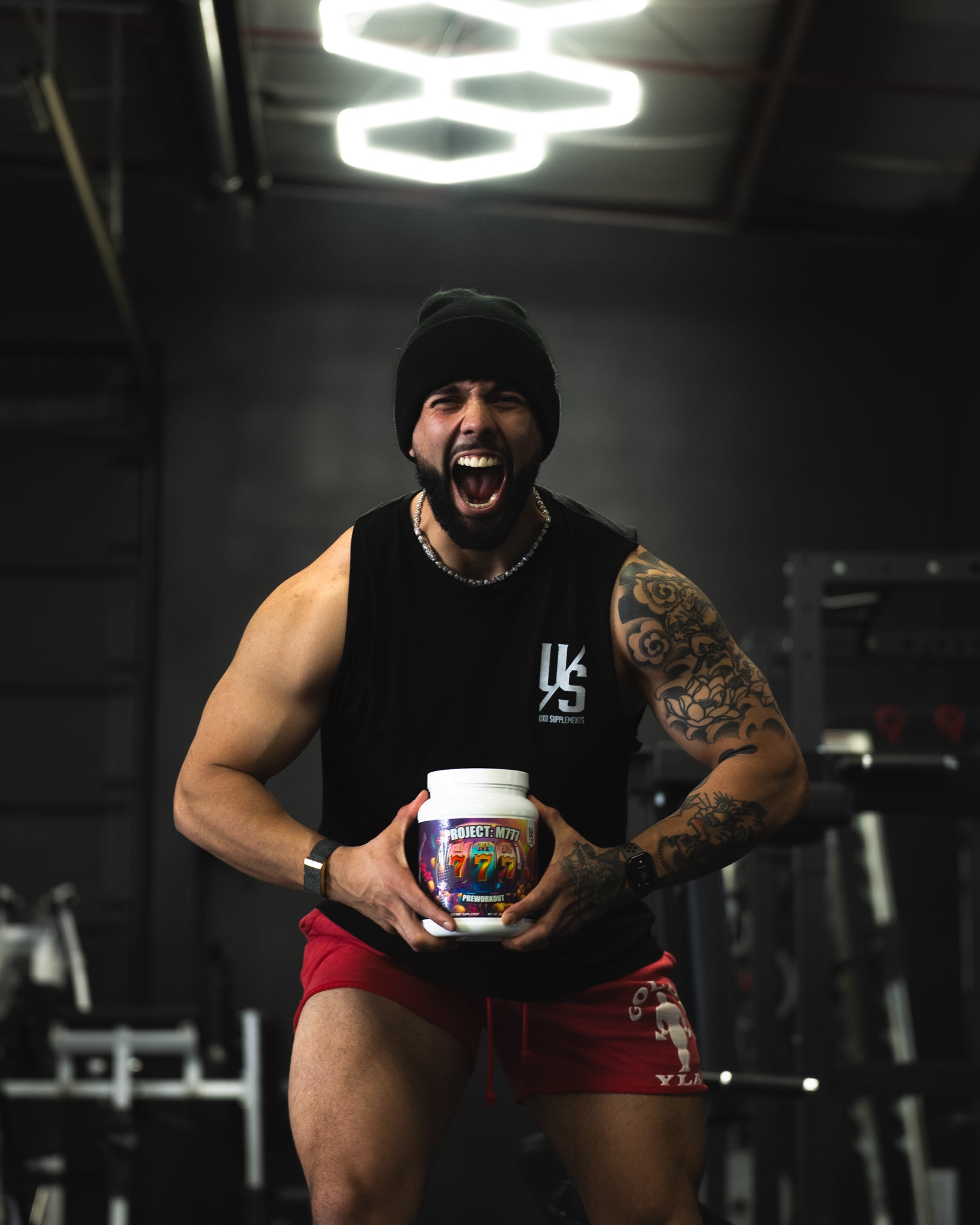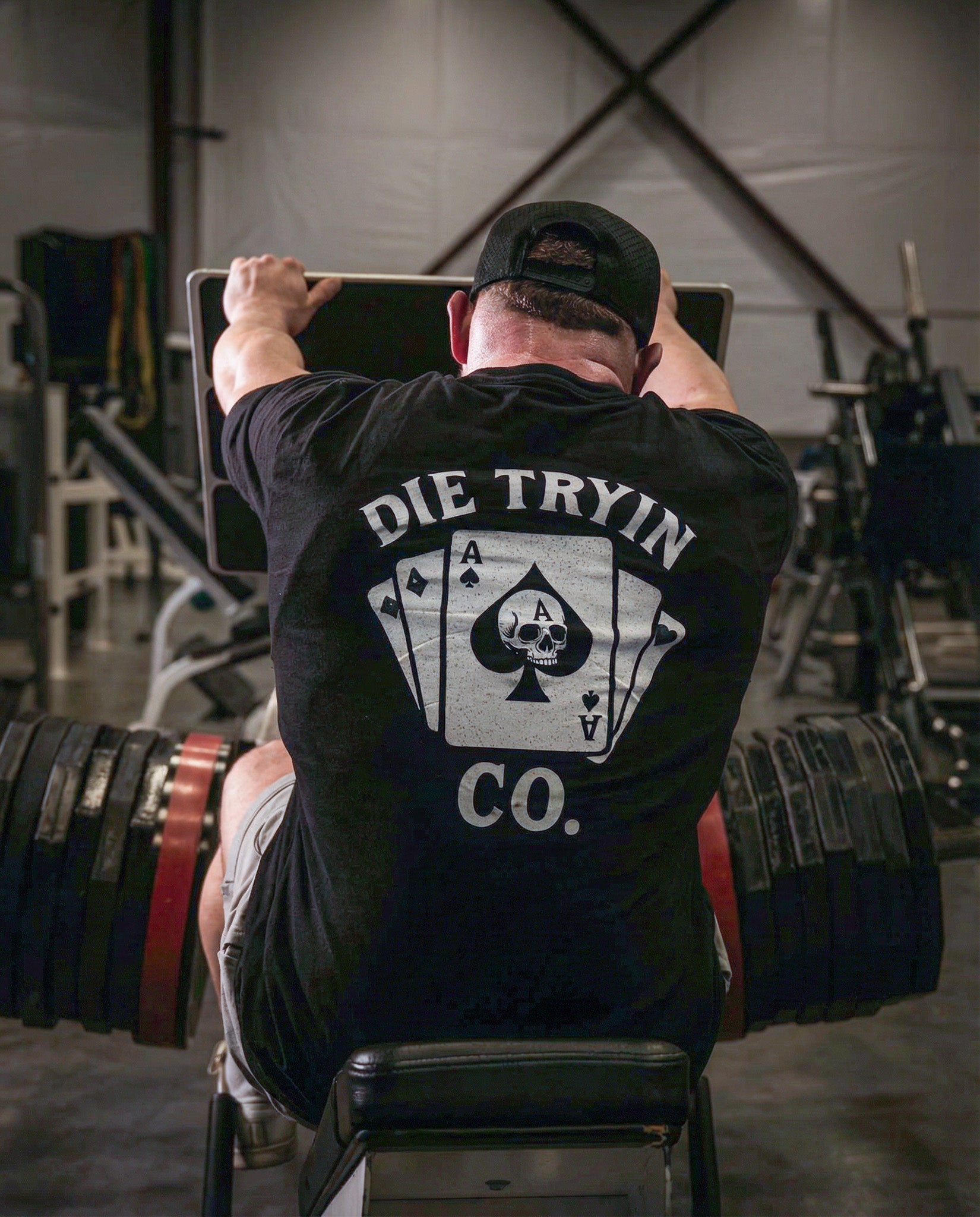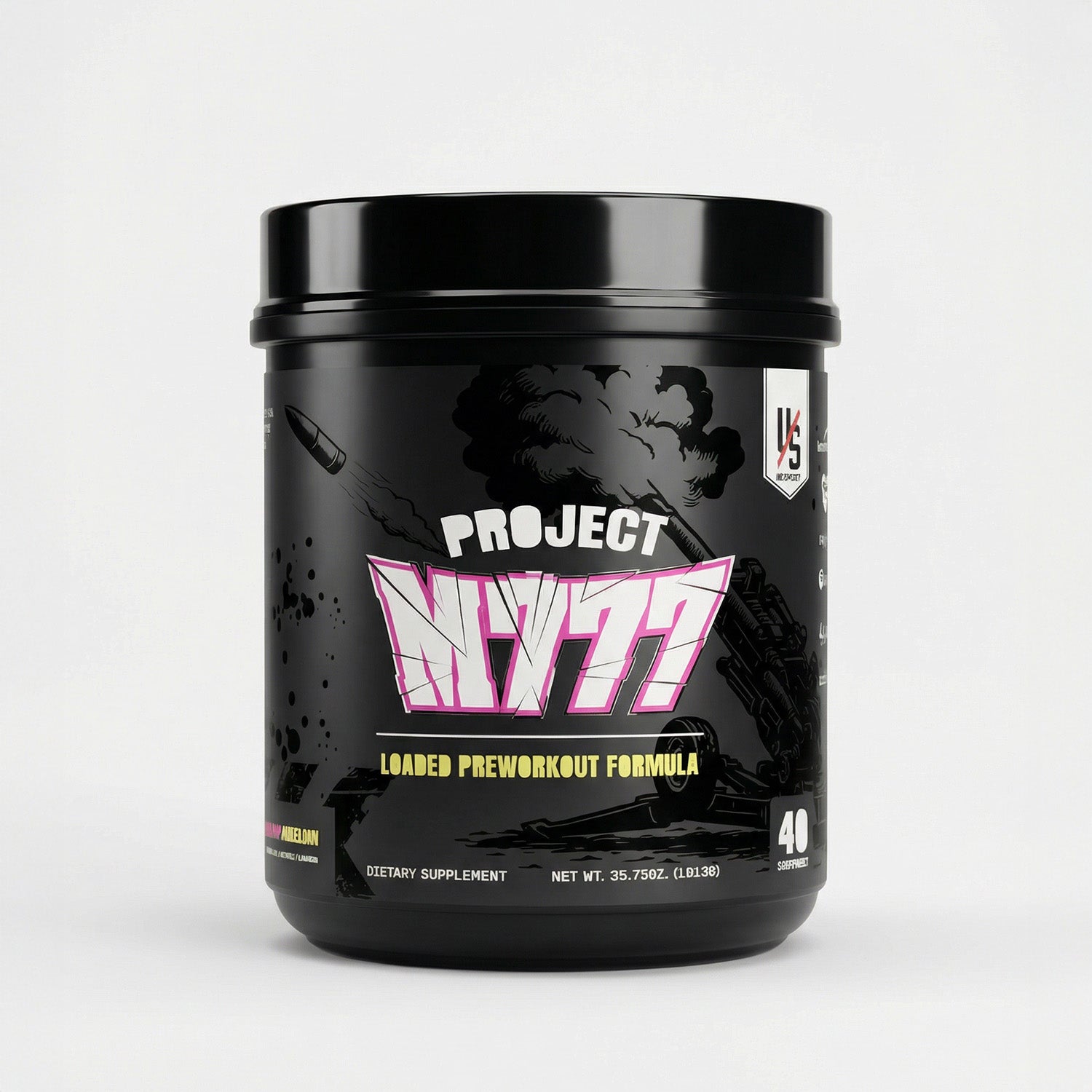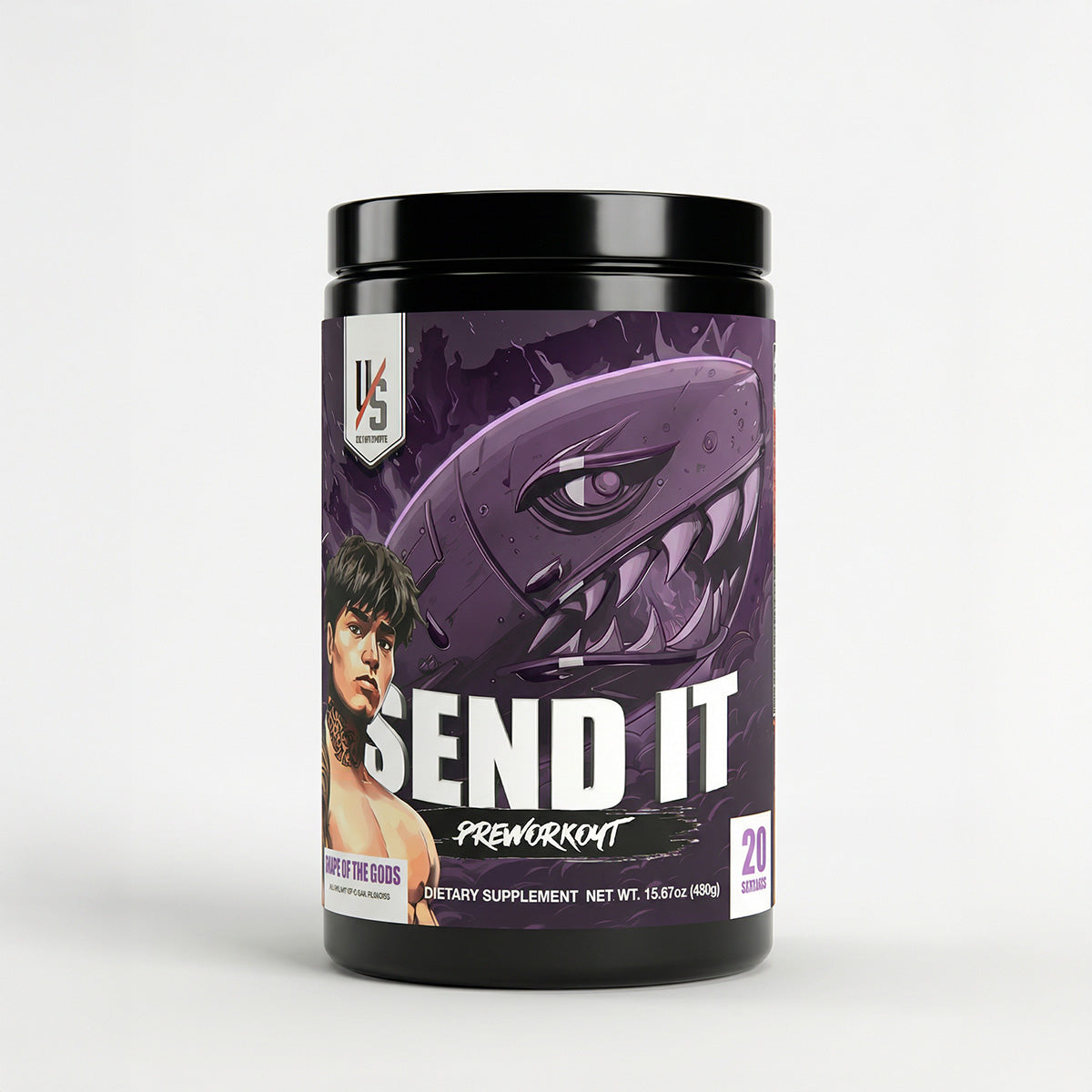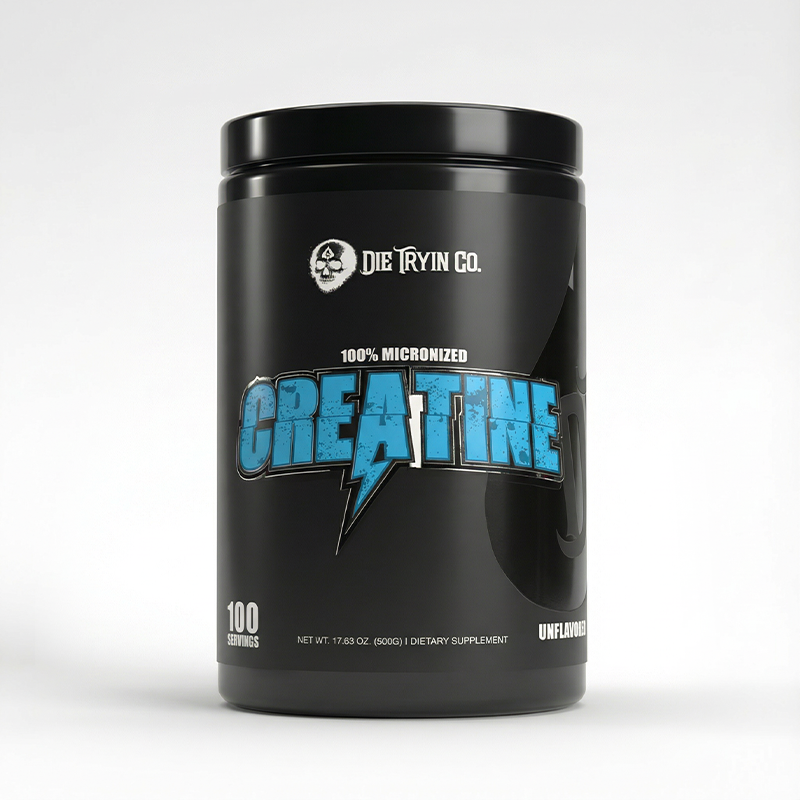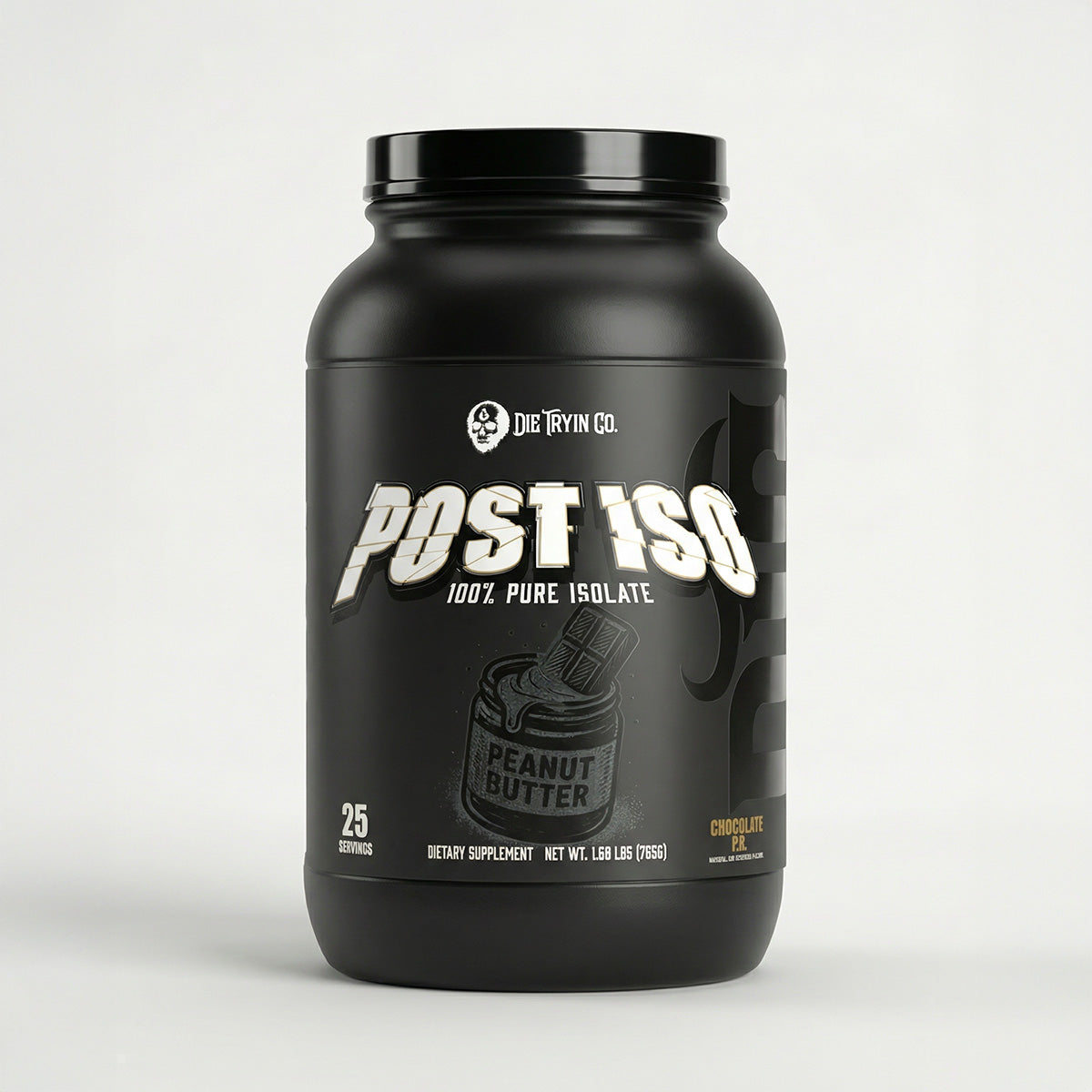How Stress and Cortisol Wreck Gains — and How to Fight Back Naturally
You’ve got your training dialed in. Nutrition on point. Sleep—well, you’re working on it.
But there’s one silent killer that can destroy your progress no matter how hard you grind: stress.
We all deal with it—work, family, finances, life. But when stress becomes chronic, it’s not just “mental.” It triggers a biochemical storm inside your body that works directly against muscle growth, fat loss, recovery, and focus.
The culprit? A hormone called cortisol.
🧠 The Science of Cortisol: Your Body’s Double-Edged Sword
Cortisol isn’t the villain it’s often made out to be—it’s actually a survival hormone.
Produced by your adrenal glands, cortisol helps you respond to threats. In short bursts (like a hard workout), it’s helpful. It mobilizes energy, enhances alertness, and sharpens focus.
But when your body perceives everything as a threat—traffic, work deadlines, social media arguments—that same hormone becomes toxic.
Chronic cortisol elevation leads to:
- Increased muscle breakdown (catabolism)
Your body starts breaking down muscle tissue to convert amino acids into glucose for “fuel.” - Suppressed testosterone and growth hormone
These are the two key hormones for recovery and muscle building. Cortisol actively competes with them. - Stubborn belly fat storage
High cortisol increases visceral fat accumulation—especially around the midsection. - Poor sleep and recovery
Elevated cortisol at night interferes with melatonin production, making you tired but wired. - Impaired glucose regulation
Constant stress can cause insulin resistance, making fat loss significantly harder.
Over time, your body stops responding to “go hard” the way it used to. You feel fatigued, sore, unmotivated, and you start to question if your supplements even work.
⚔️ How Stress Wrecks Your Gains in the Gym
When cortisol remains high:
- Protein synthesis slows down → Less muscle repair.
- Glycogen stores are depleted → Lower strength output.
- Inflammation skyrockets → Increased soreness and longer recovery time.
- Motivation drops → Your mental drive takes a hit because cortisol interferes with dopamine signaling.
Essentially, you’re stuck in fight-or-flight when you should be in recover-and-grow.
🧩 How to Fight Back — Naturally
You can’t eliminate stress, but you can control your physiological response to it.
Here’s how to balance cortisol levels and reclaim your progress:
1. Prioritize Sleep Like It’s Training
Sleep is the ultimate cortisol regulator.
Aim for 7–9 hours. Keep your room cool (65–68°F), dark, and tech-free.
Supplementing with magnesium, glycine, or collagen before bed can support relaxation and tissue repair.
2. Train Smart, Not Just Hard
Overtraining is a hidden stressor.
If your performance is dipping, libido is dropping, or sleep is off—take a deload week or shift to lower intensity.
Remember, recovery is growth.
3. Feed the Machine Consistently
Low-carb diets and fasting can spike cortisol, especially in highly active athletes.
Maintain stable blood sugar by eating balanced meals of protein, complex carbs, and healthy fats every 3–4 hours.
4. Master Your Mindset
Daily stress-reduction practices like:
- Breathwork (4-7-8 method or box breathing)
- 10 minutes of meditation
- Gratitude journaling
These all help reset your nervous system from “fight or flight” to “rest and digest.”
5. Support Your Body with Adaptogens
Certain natural compounds help modulate cortisol and improve stress resilience:
- Ashwagandha – clinically shown to reduce cortisol levels up to 27%.
- Rhodiola Rosea – enhances mental stamina and combats fatigue.
- L-Theanine – promotes calm focus without sedation.
- Phosphatidylserine – shown to lower cortisol spikes after intense exercise.
6. Hydrate and Replenish Electrolytes
Even mild dehydration raises cortisol.
Your body reads dehydration as “stress.” Products like Aqua Spike can help maintain hydration and reduce stress on the body during training or hot conditions.
7. Fuel Recovery Post-Workout
A combination of fast-digesting protein (like Post ISO) and complex carbs post-training can blunt cortisol and kickstart recovery.
Adding collagen supports joint and connective tissue health—especially if cortisol has been eating away at recovery.
🔥 Built from Battle: Turning Stress into Strength
The truth is, you’ll never eliminate stress—it’s part of the game. But you can train your body to adapt to it.
That’s what separates average lifters from disciplined athletes: learning to recover as hard as you train.
You don’t need to chase perfection. You just need to stay consistent—eat well, sleep deeply, manage your stress, and let your supplements support the mission.
Because the strongest athletes aren’t the ones who never struggle…
They’re the ones who learned to thrive under pressure.
Key Takeaways
✅ Cortisol is necessary—but chronic elevation kills progress.
✅ Recovery and nutrition are as crucial as training intensity.
✅ Adaptogens, hydration, and sleep are your natural cortisol regulators.
✅ The goal isn’t zero stress—it’s controlled stress.
Featured product
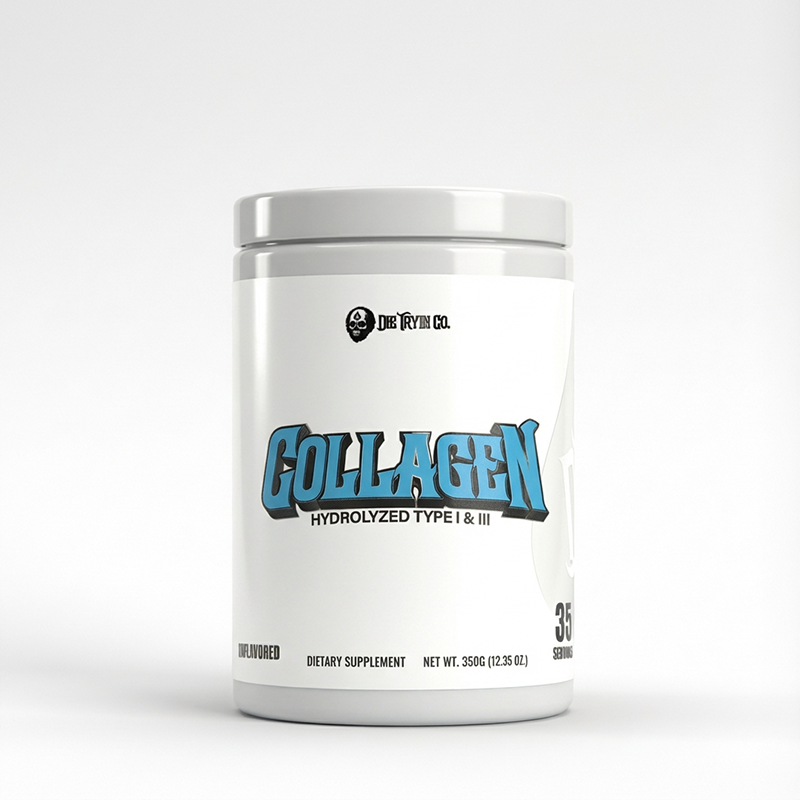
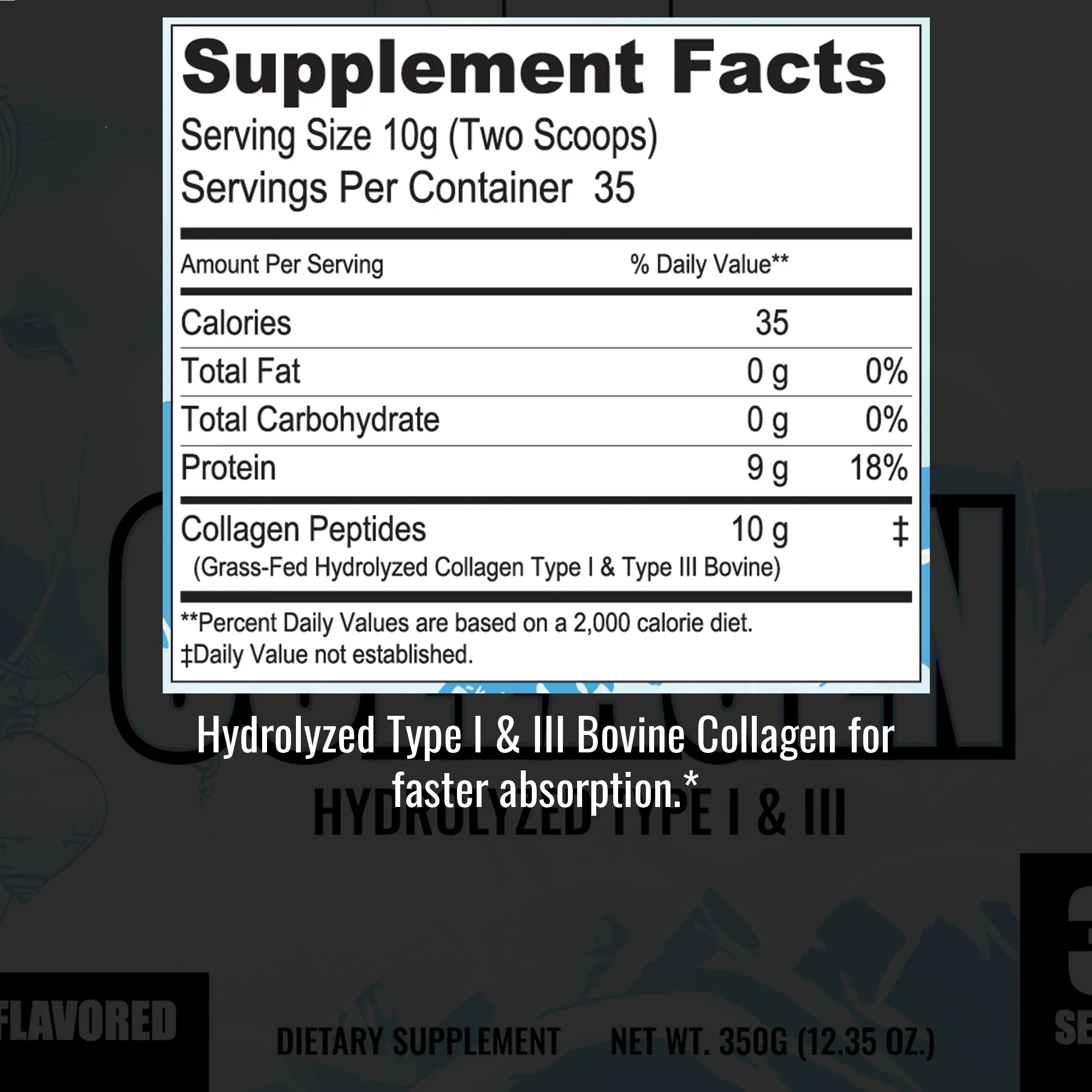
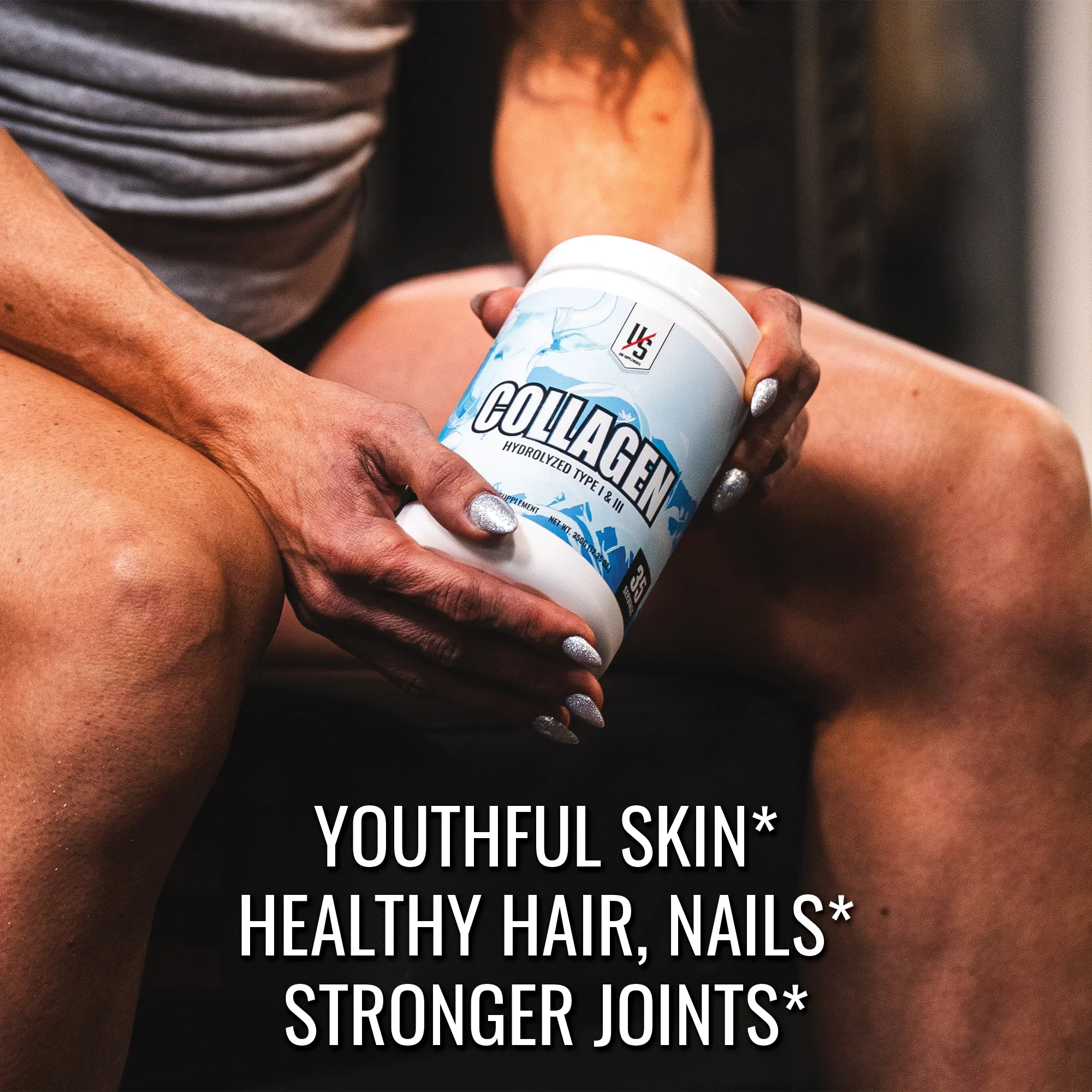
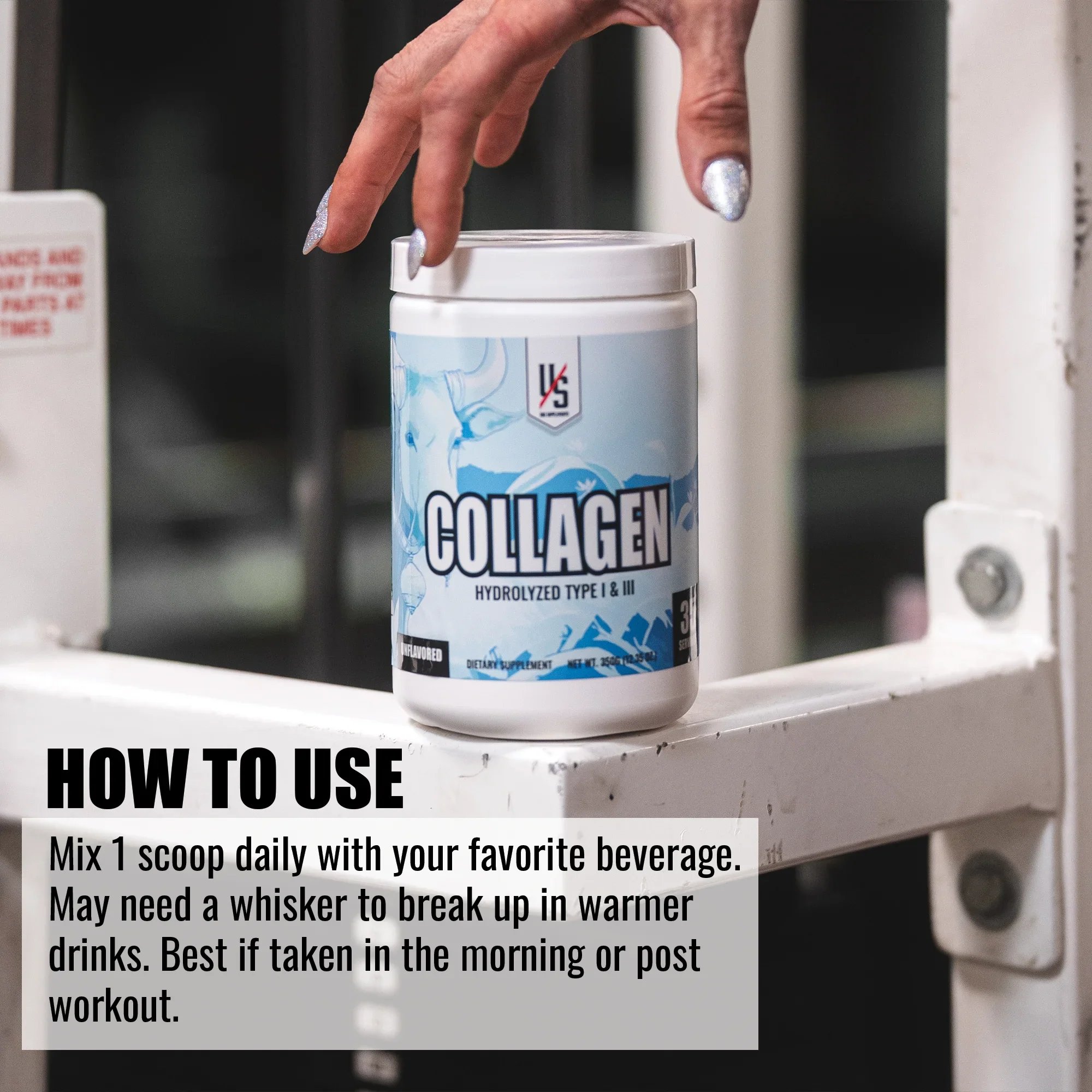

Pickup available at 11880 W. President Dr. Suite D
Usually ready in 24 hours

Collagen Peptides
11880 W. President Dr. Suite D
11880 W President Dr
Suite D
Boise ID 83713
United States
The essentials
Share details of your store's product selection, or share a story that speaks to your customers.
Read more
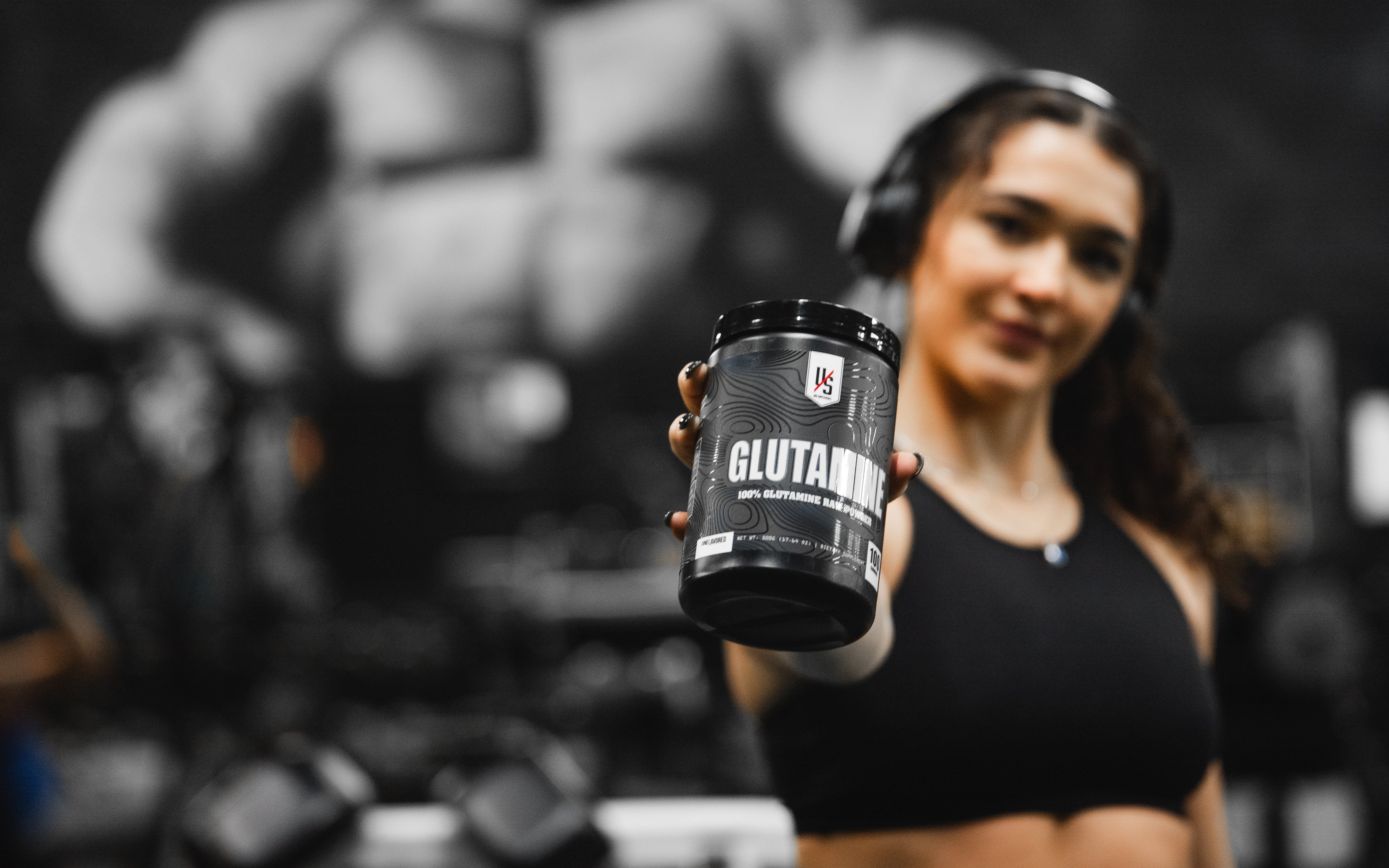
When it comes to supplements, most athletes focus on the big players—protein, creatine, pre-workouts. But one amino acid often flies under the radar despite playing a critical role in recovery and ...
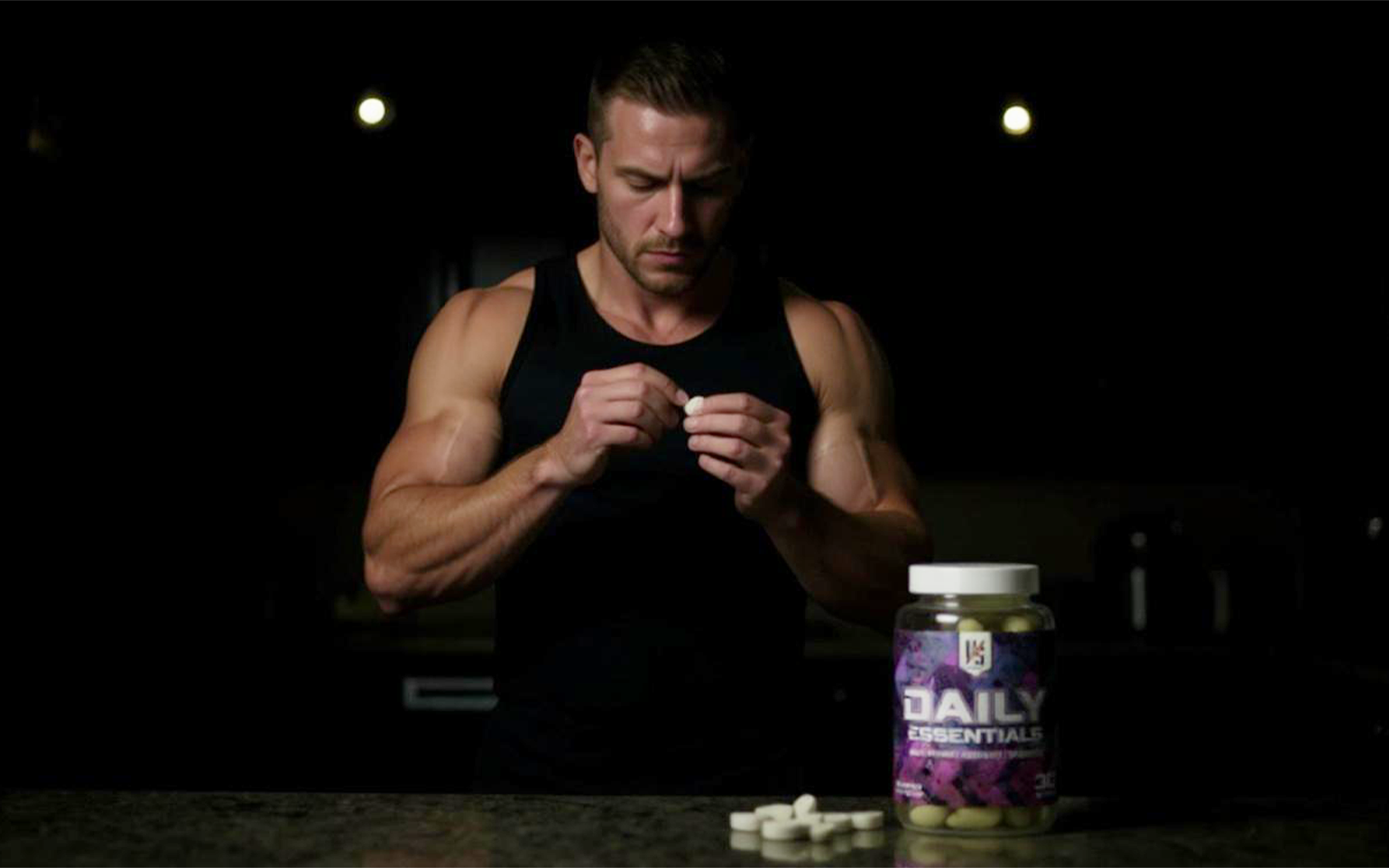
Your gut controls how well you build muscle, absorb nutrients, and recover. Discover how UXO’s Daily Essentials — with probiotics, prebiotics, and digestive enzymes — supports gut health, muscle gr...

